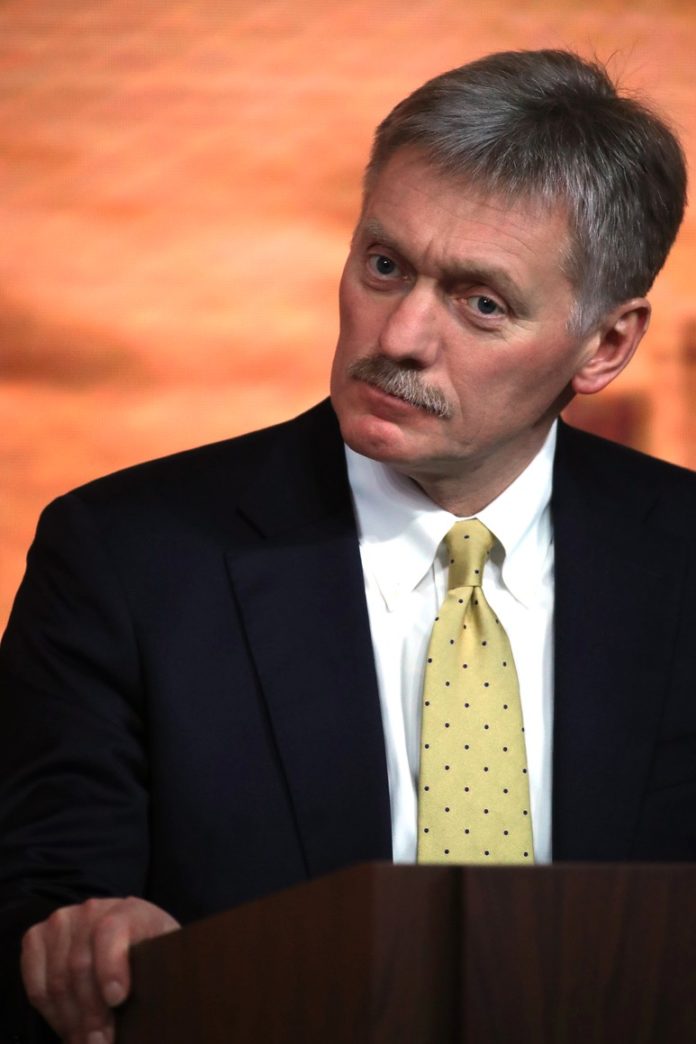By Joshua Kucera
YEREVAN (Eurasianet.org) — Armenia is seeking to deploy Russian border guards along its entire border with Azerbaijan as tensions and violence between the two countries continue to fester.
“This would allow the possibility of conducting delimitation and demarcation [of the two countries’ border] without the risk of armed clashes,” Prime Minister Nikol Pashinyan said at a July 29 cabinet meeting.
Russian border guards already patrol the southernmost part of the border, along Armenia’s Syunik province, and there have been talks about expanding that effort into the next Armenian province to the north, Gegharkunik. (The governor of Gegharkunik said July 29, however, that he didn’t know whether those discussions had advanced.)
Pashinyan’s proposal comes as Azerbaijan continues to push the advantage it won in last year’s war, steadily ratcheting up pressure in the hopes that it will force Yerevan into a final resolution of the conflict on terms favorable to Baku. In particular, Baku is seeking the handover of the remaining parts of Karabakh that are still under Armenian control, a demand Yerevan finds unacceptable.
“The situation along the Armenia-Azerbaijan border is not stabilizing, regardless of the efforts of the Armenian government and the international community,” Pashinyan said. “Azerbaijan is continuing its aggressive rhetoric and actions.”










